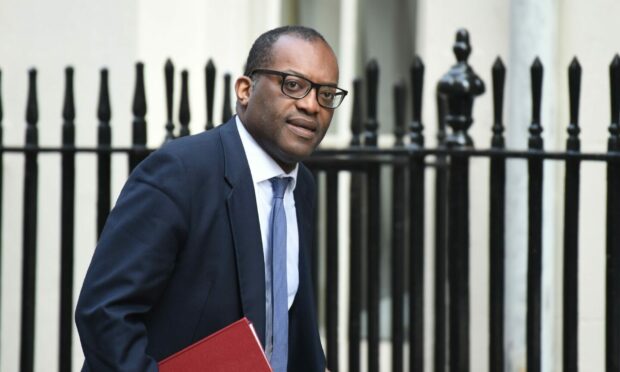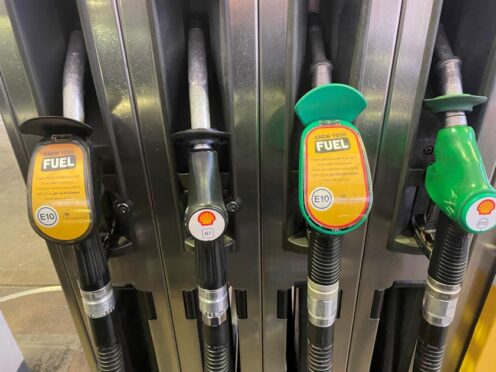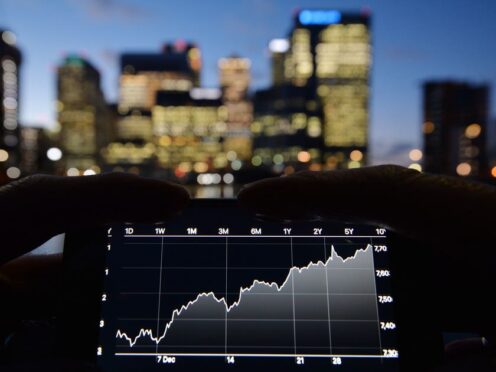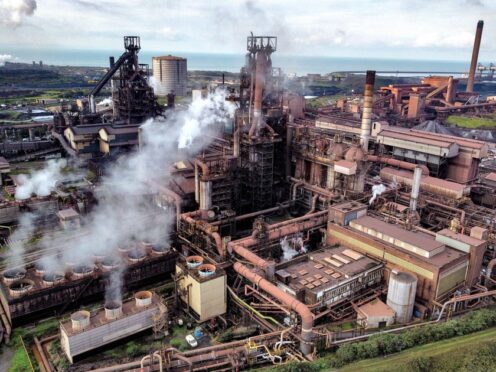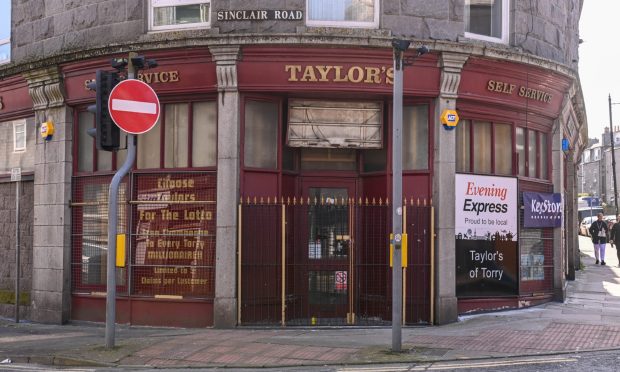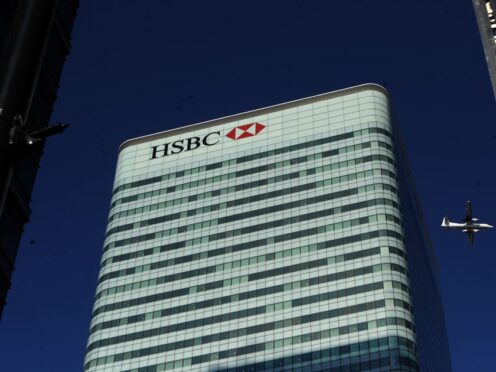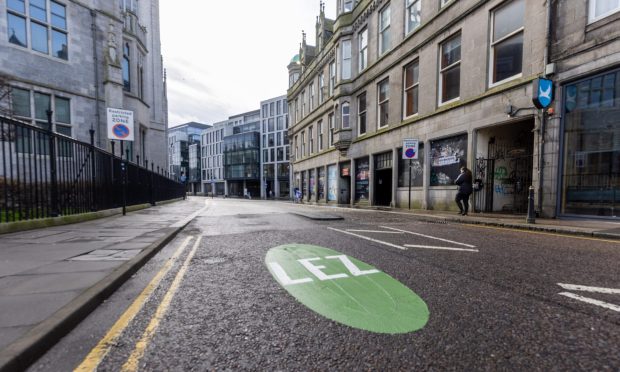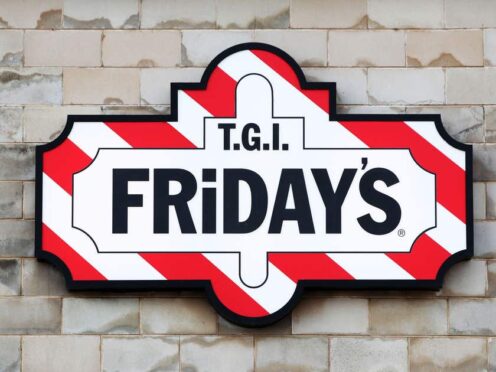Millions of households across the UK could face energy rationing measures not seen since the 1970s as Europe grapples with a supply crisis.
Ministers have reportedly been warned of potential power cuts to as many as six million households this winter, with the Government drawing up plans for rationed electricity if supply issues deteriorate.
According to The Times, Government modelling of a “reasonable” worst-case scenario which predicts the UK could face major gas shortages in winter if Russia cuts off more supplies to the EU.
Limits could be imposed on industrial use of gas, including on gas-fired power stations, causing electricity shortages.
As a result, six million homes could see their electricity rationed, primarily during morning and evening peaks, in curbs that may last more than a month.
Worse modelling is reported for a scenario in which Russia cuts off all supplies to the EU.
Although the UK is not so heavily reliant on supply of its gas from Russia, disruption to the global gas market will likely have a knock-on effect that may affect the gas supplied to the UK from Norway and the Netherlands.
Oil price on the rise
Details of the proposals come as the price of oil reached new highs this morning putting further pressure on households facing steep rises in the cost of motoring fuel and home heating.
Brent Crude broke through a record $120 per barrel this morning but fell back again as markets were affected by the European Union seek an agreement on banning Russian oil imports.
Extreme and unlikely
The Department of Business, Energy and Industrial Strategy (Bies) seemed to play down the report on potential black outs, suggesting the scenario was “extreme and very unlikely to pass”.
A spokesperson for Beis told the PA news agency the UK “has no issues with either gas or electricity supply, and the Government is fully prepared for any scenario, even those that are extreme and very unlikely to pass”.
“Thanks to a massive £90 billion investment in renewable energy in the last decade, we have one of the most reliable and diverse energy systems in the world,” the spokesperson added, “and unlike Europe, we are not dependent on Russian energy imports.”
But threats to security of supply have prompted Business Secretary Kwasi Kwarteng to ask Britain’s coal-fired power stations to delay their planned closures.
A Government spokesperson told PA the request for the power stations in Drax, Ratcliffe and West Burton, which were due to shut in September, to stay open was made “in light” of the Russian invasion of Ukraine.
“It is only right that we explore a wide range of options to further bolster our energy security and domestic supply – bringing down costs in the long-term,” the spokesperson said.
“While there is no shortage of supply, we may need to make our remaining coal-fired power stations available to provide additional back-up electricity this coming winter if needed.
“It remains our firm commitment to end the use of coal power by October 2024.”
It is thought the government is also in talks with Scottish Gas-owner Centrica over reopening Rough, the natural gas storage facility in the North Sea, at an estimated cost of £1 billion.
1970s
The UK faced limits on electricity use in the winter of 1973/74 when the government introduced a three-day week to preserve stocks of coal.
The measure was one of several introduced by the Conservative government led by Edward Heath as supply was affected by industrial action by coal miners and railway workers as well as a global oil shortage sparked by some Arab countries ceasing oil shipments.
